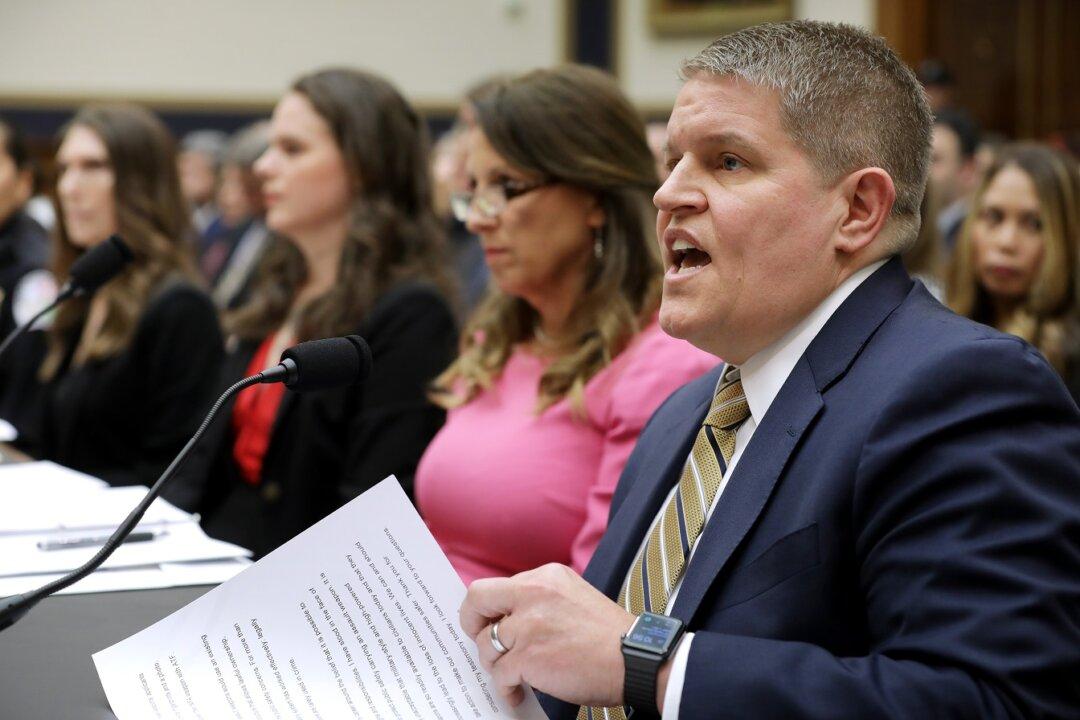The White House on Thursday withdrew the controversial nomination of David Chipman to lead the Bureau of Alcohol, Tobacco, Firearms and Explosives (ATF), releasing a statement explaining the decision.
President Joe Biden accused congressional Republicans of “us[ing] gun crime as a talking point instead of taking serious steps to address it.” These same Republicans, the White House says, have “moved in lockstep to block David Chipman’s confirmation,” because they “side with gun manufacturers over the overwhelming majority of the American people.”





